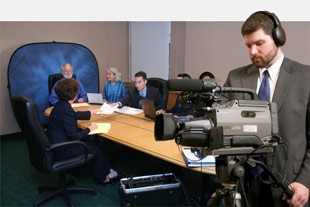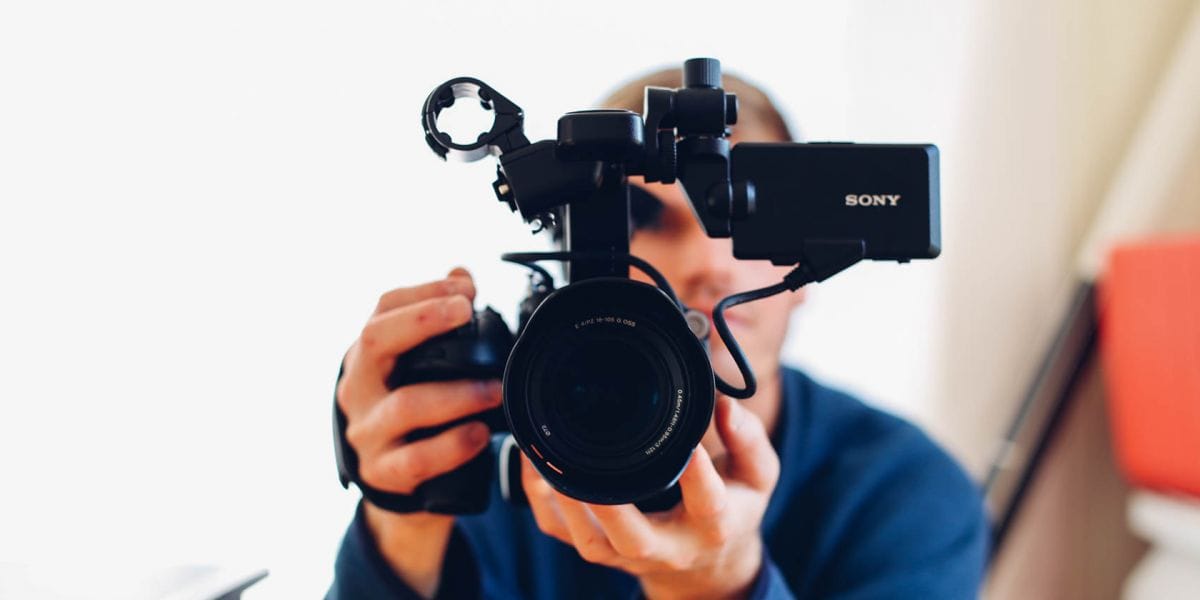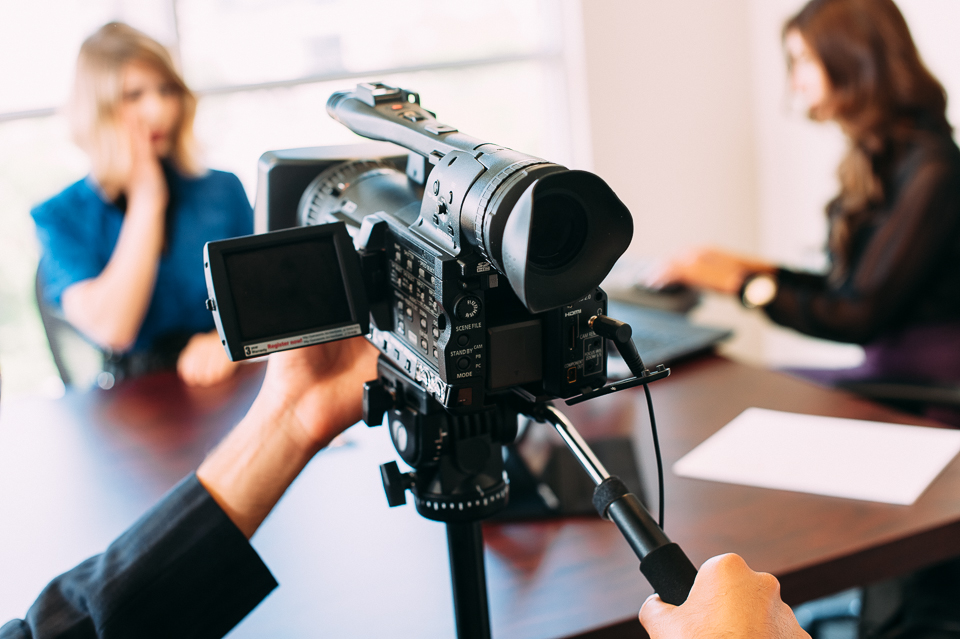Trusted Legal Videography for Capturing Accurate Evidence.
Trusted Legal Videography for Capturing Accurate Evidence.
Blog Article
The Function of Lawful Videography in Depositions and Tests
Legal videography has emerged as an essential device in both depositions and tests, supplying a diverse method to documenting witness testimonies. As legal professionals significantly identify its value, it prompts a much deeper assessment of exactly how these visual documents can affect juror perceptions and trial outcomes.
Relevance of Lawful Videography
Legal videography plays a critical role in the documents and discussion of depositions and trials. This customized area integrates technical abilities with lawful knowledge to create a dependable document of process that can dramatically influence situation results. The visual facet of lawful videography improves the understanding of witness testimony, permitting jurors and judges to observe not just the spoken words but additionally the attitude, emotions, and body movement of the witnesses.

The value of lawful videography expands beyond the courtroom; it additionally plays a crucial role in preserving proof for future reference, whether for appeals or additional lawsuit. Therefore, its combination into the lawful process is essential for making certain a fair and accurate depiction of the truths, inevitably adding to the pursuit of justice.

Process of Legal Videography
While capturing the nuances of depositions and trials, the process of legal videography entails numerous crucial steps that make certain top quality, precise recordings. A specialist lawful videographer prepares by reviewing the situation materials and understanding the particular requirements of the deposition or test. This preparation includes acquainting themselves with the participants and the context, which aids in capturing important information.
On the day of the recording, the videographer establishes the needed equipment, which usually includes high-definition video cameras, microphones, and proper lighting. Guaranteeing optimal angles and sound quality is crucial, as it directly influences the performance of the recording. The videographer connects with lawyers and individuals to develop protocols, ensuring that every person understands the recording process.
Throughout the deposition or test, the videographer meticulously tape-records the procedures, paying very close attention to both verbal and non-verbal cues. legal videography. This includes recording the temperament and responses of witnesses and attorneys. After the session concludes, the videographer might edit the footage for quality and conformity with legal requirements, producing a final item that precisely reflects the proceedings for future referral and use in lawful contexts
Advantages in Depositions
The incorporation of videography in depositions offers many benefits that enhance the overall process of gathering proof. One primary advantage is the capability to record witness statements with visual and acoustic fidelity, providing a more exact representation of the witness's demeanor, tone, and body movement. This multidimensional method permits attorneys and courts to assess credibility extra efficiently than typical written transcripts alone.
In addition, videographed depositions serve as a powerful tool for preserving testament. Should a witness ended up being unavailable for trial, their videotaped deposition can be played in court, guaranteeing that their proof continues to be available and pertinent. This aspect substantially reduces the threat of losing critical information that might influence instance outcomes.
Moreover, the usage of legal videography promotes much better prep work for lawyers. Reviewing video footage enables lawful groups to assess and refine their techniques, determining toughness and weak points in their instances. This primary advantage can lead to more compelling presentations in court.
Finally, videography boosts the total professionalism and reliability of the deposition process, instilling self-confidence in Related Site clients relating to the thoroughness of their lawful depiction. By leveraging innovation, attorneys can substantially boost the performance of depositions.
Effect On Tests
In lots of tests, the combination of videography can substantially influence the presentation of evidence and the jury's perception. Lawful videography records witness testaments and essential proof in a vibrant style, enabling jurors to involve with the product on numerous degrees. This visual component enhances the narration facet of a trial, offering context and emotional vibration that standard text-based evidence may lack.
In addition, video clip recordings can work as powerful tools for impeachment throughout interrogation. When inconsistencies arise in between a witness's previous statements and their court room testament, video evidence gives an objective reference that can sway jurors' point of views. This immediacy and clearness can reinforce the integrity of a celebration's story while simultaneously threatening opposing disagreements.
In click for info addition, using videography can help simplify complicated details, making it a lot more easily accessible to jurors who might have a hard time to realize complex details provided solely with spoken statement. By integrating visuals with auditory details, legal videography can improve retention and understanding, eventually affecting the jury's decision-making procedure. The influence of videography in trials expands beyond simple appearances; it plays an important duty in shaping the legal landscape and end results.
Future Trends in Legal Videography
As we look towards the future of legal videography, a number of arising fads promise to reshape its duty within the court room. One considerable fad is the assimilation of synthetic knowledge (AI) in video clip evaluation and editing - legal videography. AI can improve the procedure of recognizing vital moments in tape-recorded depositions, enabling lawyers to promptly access relevant material, consequently boosting performance in case preparation
Additionally, the increase of online fact (VIRTUAL REALITY) and augmented reality (AR) technologies is anticipated to change just how jurors experience proof. By submersing jurors in a simulated environment, these technologies can offer a more profound understanding of complex scenarios, causing even more educated deliberations.

Additionally, the boosting demand for remote depositions, accelerated by the my review here COVID-19 pandemic, will likely proceed. Legal videographers will certainly require to adjust to brand-new software application and platforms to guarantee premium recordings in virtual settings.
Last but not least, the expanding emphasis on data security will certainly demand more stringent protocols for keeping and sharing video evidence. As the lawful landscape progresses, legal videographers must remain abreast of these fads to maintain their importance and efficiency in the judicial process.

Conclusion
In recap, lawful videography serves an important feature in the judicial procedure, enhancing the integrity of depositions and trials. As innovation proceeds to advance, legal videography is poised to further transform its role within the legal landscape.
Report this page